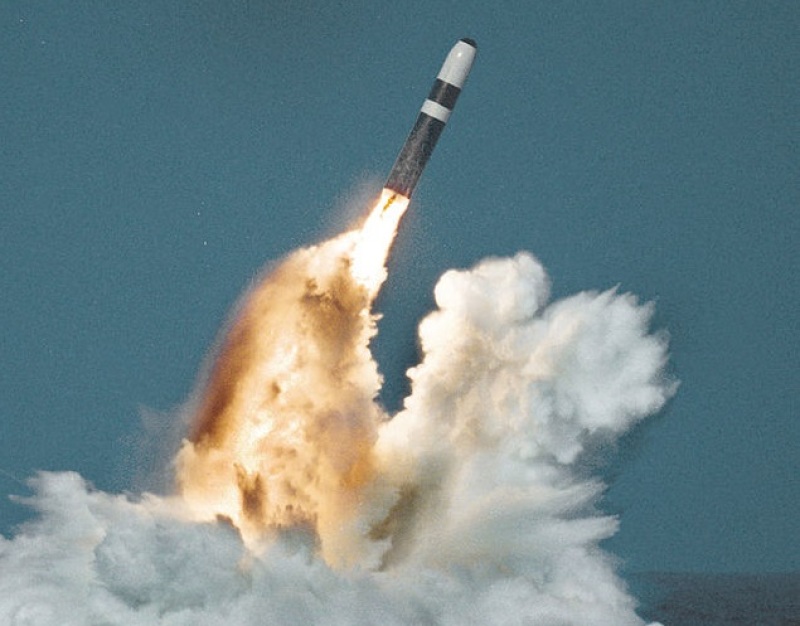
North Korea fired two ballistic missiles off the east coast of the Korean peninsula, one of which flew 500 miles before falling into the sea, and the other one was detected at an 11 miles altitude by a radar before it disappeared.
South Korea's Joint Chiefs of Staff said that it was keeping a close watch on the situation, and were in a state of high alert in case of further provocations from the North.
Yonhap News Agency of the South said that the projectiles are probably Rodong medium-range ballistic missiles.
The missiles were launched from Sukchon county, north of Pyongyang, near the west coast, but flew across the country towards the east coast around 6 am on Friday morning, according to statement released by South's joint chief of staff.
Tensions rose sharply in the Korean peninsula, after the North conducted nuclear tests earlier this year. Following the tests, the US imposed strict sanctions on the country, including ban of US exports and investment in North Korea.
Last month, the South also indicated its displeasure with North by closing the Kaesong Industrial Complex in North, which was a historic industrial venture shared by the two countries.
The North did not take lightly the South's move to close the complex, and proceeded to liquidate South Korean companies in the North, which the South called a "provocative action."
The US and South Korea are to conduct a joint annual military drill this month, which is not viewed favorably by the North.
The country has always opposed the drill, but this year due to already heightened tensions, the North Korean government has threatened a "pre-emptive nuclear strike of justice" against the US and the South.
North Korea's ballistic missile launch drew criticism from other international leaders.
China's Foreign Ministry spokesman Lu Kang called on North Korea to follow the resolutions set out by the United Nations and to avoid taking any actions that would increase tensions in the Korean peninsula.
Japanese Prime Minister Shinzo Abe criticized the missile launch, and said that Tokyo will work together with the US and South to monitor the situation.



















